Do you have a copy of Mr. Roy’s graduation speech?
All the speeches from the American School of Bombay’s Graduation 2009 were excellent. From the guest speaker, to student speakers, to the teacher speaker, all the messages were clear and worth a re-read. Mr. Roy’s speech was quite special reminding us all to “go for the harder questions” in life.
Here’s his speech:
Seek Out the Hard Questions
Joel Spolsky is a computer programmer, he runs a small company called Fog Creek Software where every employee gets their own office and free lunch everyday. It is apparently a pretty great place to work. Joel’s other passions mesh perfectly with his career: he gives back, he’s a blogger writing about running a software company; and, he is extremely influential -as I learned from Seth Godin’s book Tribes if you type the word “Joel” into Google, the link to Spolsky’s blog will be at the top of the list.[1]
Joel thinks the most important thing about running a successful company is finding the right employees. He likes to ask them programming questions, first an easy one, then a hard one. This is a fun game we can play right now, but programming questions? Of course not! Let’s use math questions instead, everyone loves a good math question!
OK Easy Question
Mukul is camping on the side of a lake when he picks up the scent of a fresh batch of zesty popcorn that his friend Matt is popping on the far shore. If the lake is round and has a radius of 100 meters how far will Mukul have to walk along the shore to get to the zest?
So this one is pretty straightforward. The formula for the circumference of a circle is pi times the diameter. Here the radius is 100 meters, so the diameter is 200 meters and Mukul will have to walk exactly 200pi meters.
Ok, now the harder question…
You are in a boat in the exact center of a perfectly circular lake. There is a Diabolical Rat Monster on the shore of the lake. The Rat wants to do bad things to you. The Rat cannot swim and has no boat. But, if you can make it to shore —and the Rat is not there waiting to grab you, you can always out run her on land and get away.
The problem is this: the Rat is fast and can run four times as fast as the maximum speed of your boat. She has perfect eyesight, never sleeps, and is extremely logical (like a math teacher.) She will do everything in her power to catch you! How do you escape the rat?[2]
OK – easy question, hard question, so what? Why is Joel Spolsky asking questions like this during his interviews and why should you care?
Well the easy question has an easy answer. Joel does not want to teach his hires basic programming. If they can’t breeze through the easy question it probably means they don’t have the background knowledge necessary to work effectively with the more realistic tasks that will follow. This is the reason we have the word “skills” in our mission statement.
Now onto the harder question…
The hard question is not a lateral thinking puzzle, or a trick question, you don’t have to drain the lake or uncover any additional information to get to the answer, it’s just problem solving and geometry, it would make a great final exam question to stretch some sharp students’ minds…
Still, it is pretty unlikely that any candidate would be able to answer the question immediately, which is of course, on purpose. The question is designed to be tricky. Joel wants to see what you do under a little bit of pressure. What do you try first? How do you get past the mental barriers the puzzle has created for you? What sort of problem solving strategies do you have? That is, what do you do when you don’t know what to do. And how persistent are you?
By the way, if you are still thinking about how to escape the rat awesome, but try to put that aside, at least until I finish.
Programming is often incredibly frustrating for even the most seasoned coder. A good programmer has to be tenacious, Joel knows if you can’t put up a good fight with his hard interview question it is doubtful that you would work hard enough in day to day work either.
Which may be leading you to think, well if I was interviewing to become a computer programmer I would just study lots of programming questions. Although anyone in their right mind who is taking a test or going in for an interview should do some preparation in advance, cramming is never the answer. Although cramming for a test might get you by occasionally, or work on a mindless trivia you are not going to fool anyone. When you are answering the hard question your real depth of knowledge is going to show, along with your passion. You can’t get passion from Spark Notes, The Princeton Review, or the IB Test Bank.
In the interview for my first teaching job my principal actually asked “So this quadratic formula thing, I’ve never understood it, can you explain it to me?” This was awesome. I got to prove the quadratic formula to the person I immediately knew I wanted to work for, and then he asked the dreaded “Why would I ever want to use that?” question and so scrambling and a bit unsure (sarcasm at this point would have been completely inappropriate) I talked about baseball and how you could figure out where a baseball would land using the quadratic formula.
So now you might be thinking well this Spolsky guy is someone who I will just avoid working for altogether, I want my job interview to be easy. This sounds like a good idea for about 5 seconds until you really think about its implications. You all have long lives ahead of you. In the near future there will be parties, celebrations, and facebook statuses shouting “Freedom!” for sure but lurking just around the corner is work. A four letter word, with an unfortunately much maligned reputation.
Perhaps immediately, or after a few more years of schooling you are going to spend the rest of your lives working. But believe me this doesn’t have to be a bad thing. Except for the PD days involving Atlas Rubicon, working here is kinda like Diwali everyday, except the celebration doesn’t last a week, it lasts forever. Sure I’m looking forward to hitting some amusement parks this summer but given the choice of 180 days of roller-coasters or 180 days of math class its ASB, no question. And if I should stop feeling this way then I am gonna get the hell out of Dodge and find something else to do.
In my second year of teaching my colleague and mentor Bill Babine, an English teacher (of course) gave me a copy of Donald Hall’s Life Work and its become one of my favorite books. If you don’t know him Hall is a writer from New Hampshire, he packs his words with both meaning and perfect phrasing. I ache to be a writer when I read Hall. In Life Work, Hall talks about how life and work should naturally coexist. One great part is when Hall talks about how when you see work depicted in a TV advertisement “it is something done quickly and the reward is drinking beer.” Reality is much different. Hall wrote more than 500 drafts of one of his poems. This speech could probably use a few hundred more drafts and some edits, but unfortunately for you Hall is the poet and I am a teacher.[3]
Hall was good friends with the sculptor Henry Moore another well spoken fellow who said this about work: “The secret of life is to have a task, something you devote your entire life to, something you bring everything to, every minute of the day for your whole life, and the most important thing —it must be something you cannot possibly do!”2
Spolsky, Hall, and Moore are inherently familiar with what Malcolm Gladwell laid out so clearly this year in his book Outliers. In Outliers my favorite thing Gladwell explains is the 10,000 hour rule, the rule is that if you really want to be great at something you need to devote yourself to it with deliberate practice and about 10,000 hours or 10 years of solid work. He backs up the rule with concrete examples from the Bill Gates to The Beatles. Overnight successes are fairy tales; the idea of natural talent and simple IQ tests are vastly overrated. Real success involves years of hard work and a relentless pursuit of excellence.[4]
At some point in your life you’re going to realize that there is another essential element of doing good work. An unselfish element. We know about Joel not because he is a successful programmer, but because he gives back. He writes on his blog frequently and shares his ideas freely so that other programming houses will be as successful as Fog Creek. He has integrated service with his work.
Another writer, the great, David Foster Wallace said it best “… there are all different kinds of freedom, and the kind that is most precious you will not hear much talked about in the great outside world of winning and achieving and displaying. The really important kind of freedom involves attention, and awareness, and discipline, and effort, and being able truly to care about other people and to sacrifice for them, over and over, in myriad of petty little unsexy ways, every day. That is real freedom.”[5]
So as you leave us today I hope that you find a boss like Joel Spolsky who will ask the hard questions and ask you to challenge yourself and those around you; I hope that you find the kind of Life Work that Donald Hall writes about —work that makes you excited enough to almost jump up out of bed most days; and I hope you find David Foster Wallace’s really important kind of freedom.
These four years with you at ASB have been incredible. It has been a privilege and an honor to speak for you today. And one not taken lightly, these ideas are really close to my heart, cupcakes and candy-canes idealistic you might think but they have worked out pretty well for me, and I hope a couple of them have resonated with you. Thank you and congratulations again on your graduation.
[1] Seth Godin’s Tribes, is widely available here in India. An article about Joel’s interview process is available here: http://www.joelonsoftware.com/articles/GuerrillaInterviewing3.html
[2] This problem was adapted from one found in William Poundstone’s book How Would You Move Mt. Fuji, this book is usually available at Crossword here in Mumbai.
[3] Hall and Moore’s quotes are both from Donald Hall’s book Life Work, available from Amazon.com
[4] Outliers is an easy, fascinating read (in typical Gladwell style), and is widely available here in Mumbai
[5] This David Foster Wallace quote is from a commencement address he gave at Kenyon College in 2005, the speech can be found here: http://online.wsj.com/article/SB122178211966454607.html

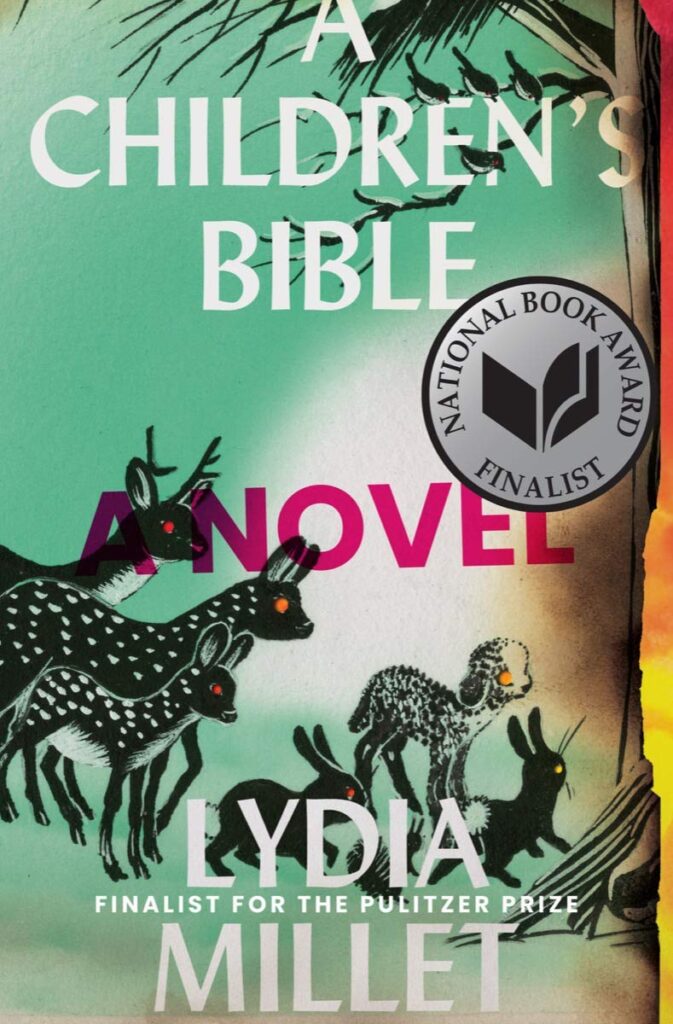
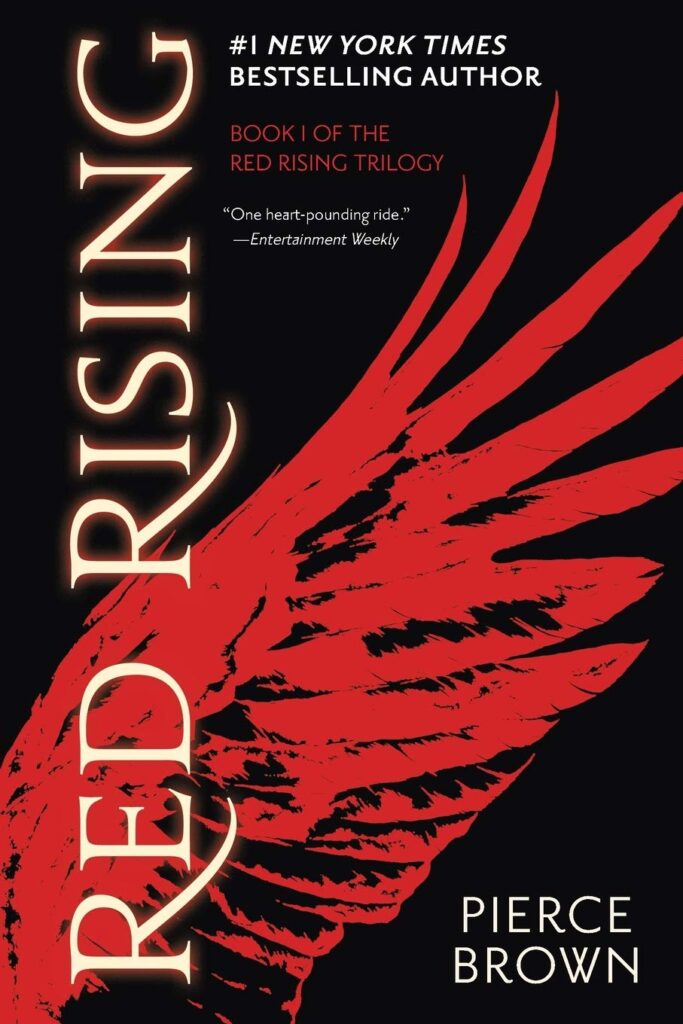
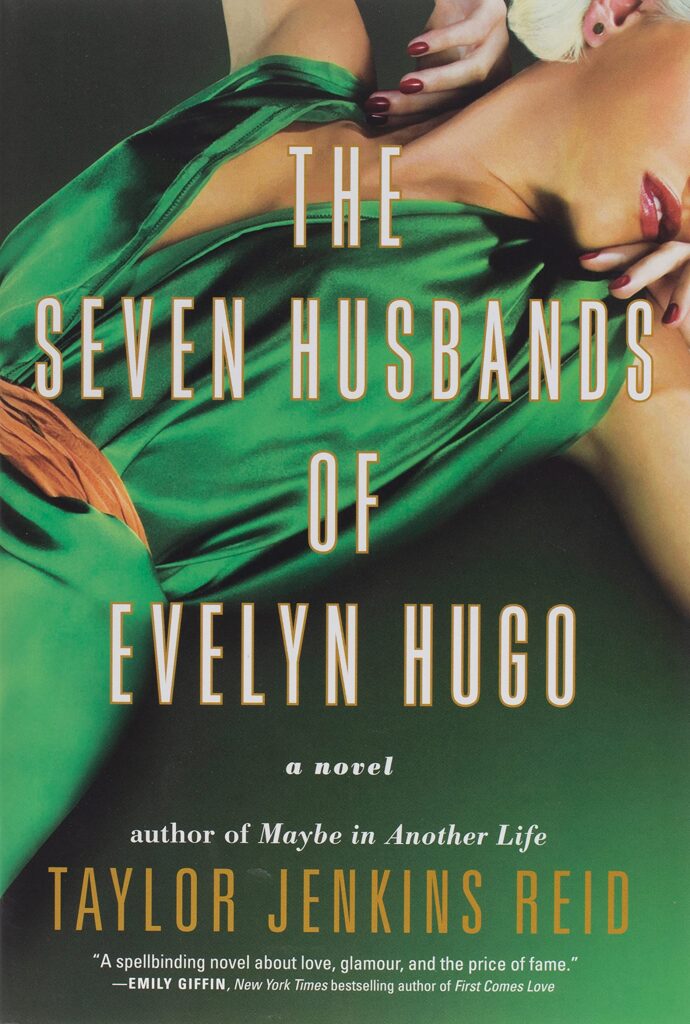
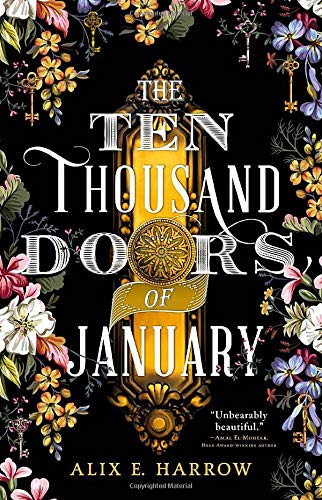
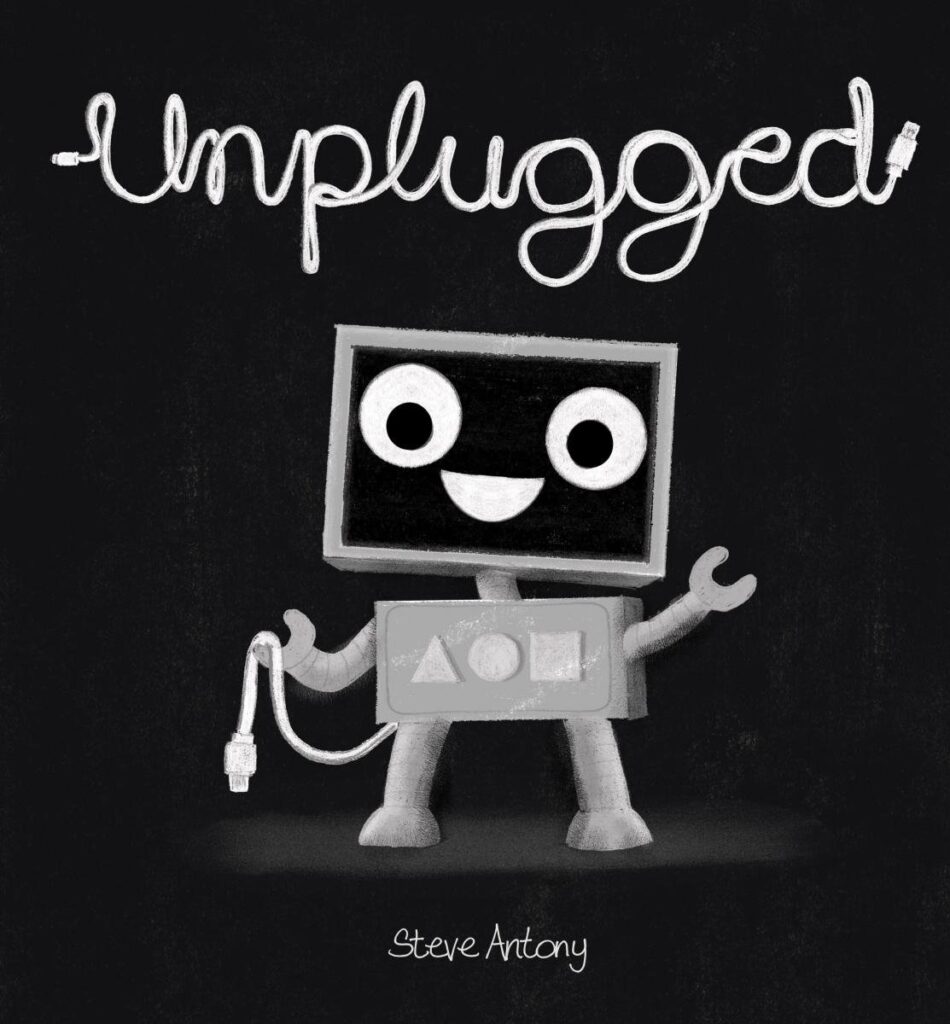
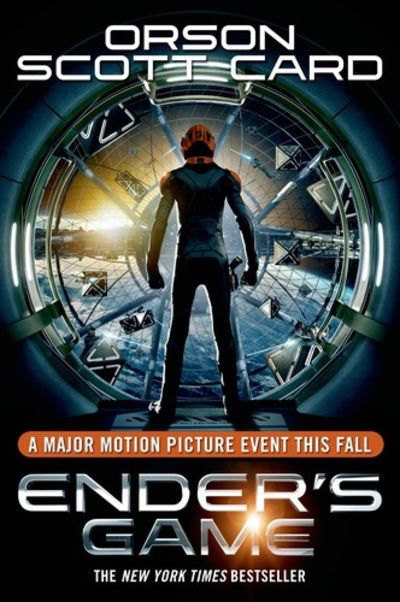

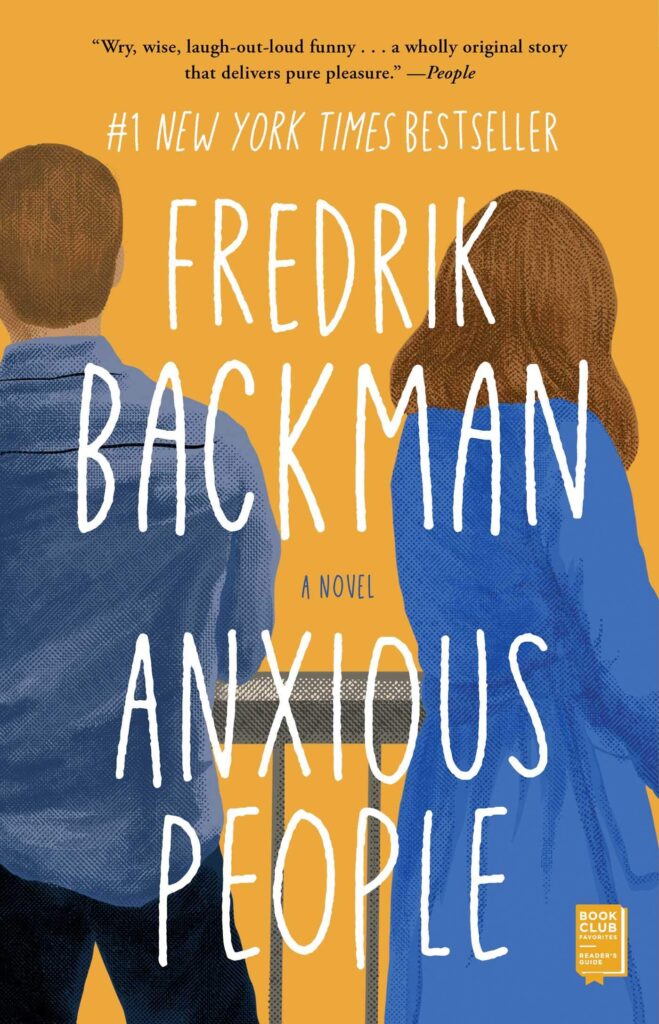
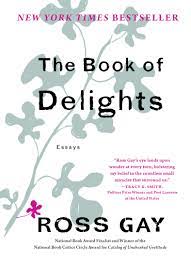
Wow! Sitting here in Bangkok with tears in my eyes. What an amazing speech–inspiring, thoughtful and amazing. I have some great summer reading ideas now as well.
and the rat? Don’t leave us hanging!!!
@Dave Do you know who the Rat is? Can you guess?
@Tara Ya, I’m really proud of Jason. He’s a good friend of mine. You can see a pic of him on my other site: http://www.krembdelakremb.com Just type Jason, and you’ll see him.
Jason’s Speech Video
http://paulfochtman.edublogs.org/